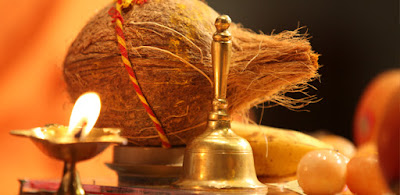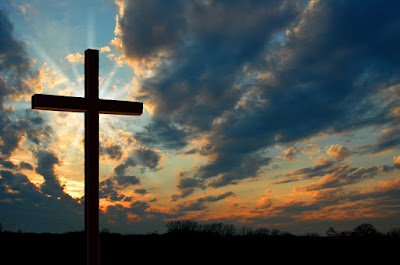Different religions fast at different times of the years for different reasons. Recently the fasting period of Muslims, Ramadan has just ended. Everyone know that they fast for about a month but less people know that almost each religion has separate reason for why they fast.
Following are the few religions and respective reasons to fast for the same:-
Islam
Picture Courtesy: www.hdwallpaper.nu
Since Ramadan has passed recently, we will start with Islam. Fasting during Ramadan is to fast completely from food, drinks, cussing, drinking, smoking, sinful behavior, having intercourse. This should be between sehri to iftaar (sunrise to sunset). It is this time they make donations and learn self discipline along with cleansing their soul, builds patience and make strong bond with God. Lessons learned during Ramadan are carried by them throughout the year.
Hinduism
Picture Courtesy: hindutva.info
It’s quite common in Hinduism. Hindus fast at certain days to please various deities they hold close. The basic idea of fasting is that it helps you achieve a direct connection with God by bringing the body and soul together. Also aims at sacrificing physical needs and learning self discipline and sincerity for spiritual gains. Some holidays like Navaratri and Karwa Chauth holds special importance and they are days of full moon and of eleventh lunar day. Other reason involves non violence, ayurveda and having compassion for those who don’t get enough to eat.
Buddhism
Picture Courtesy: www.theuniversitypapers.com
When Buddhists do intense meditation, they fast. They might also go on fasting from solid food post noon which depends also on where they stand on their faith. In order to practice self control and self discipline, fasting is done in Buddhism.
Judaism
Picture Courtesy: ytimg.com
Fasting is carried on various holidays in Judaism where there is 2 main days of fast and 4 minor fast days. During Yom Kippur which is the day of atonement and considered as the holiest day in Judaism is repentance for sins committed during whole year and Tisha B’Av which is marked as the saddest day in Jewish calendar, fast lasts over a day from sunset to sunset where those who participate do not eat food, drink, not even brush their teeth, their hair or bathe. A minor fast allows everything except eating and drinking from sunrise to nightfall.
Jainism
Picture Courtesy: wikimedia.org
Jains fast throughout the year but mainly during Paryushans, Mahavir Jayanti, Kartik Purnima and Mauna Agyaras. Women perform fasting more than men. It is seen as flair and a route to purify the body and soul which means not only refusing to eat but not wanting to eat. Fasting in Jainism is of 5 types that range from complete fast to rasa pratigya. The ultimate fast is Santhara which is a fast to death. It is not like performing suicide but rather deeming one’s body when it’s no longer able to serve to the spiritual world and especially when death is closing by. Those who perform this are celebrated on wide basis and also publicly.
Christianity
Picture Courtesy: wordpress.com
Christianity doesn’t practice fasting that much. But when they do, however, they get more close to the Holy Spirit and ranges till 40 days because some say that Jesus fasted for 42 days.












